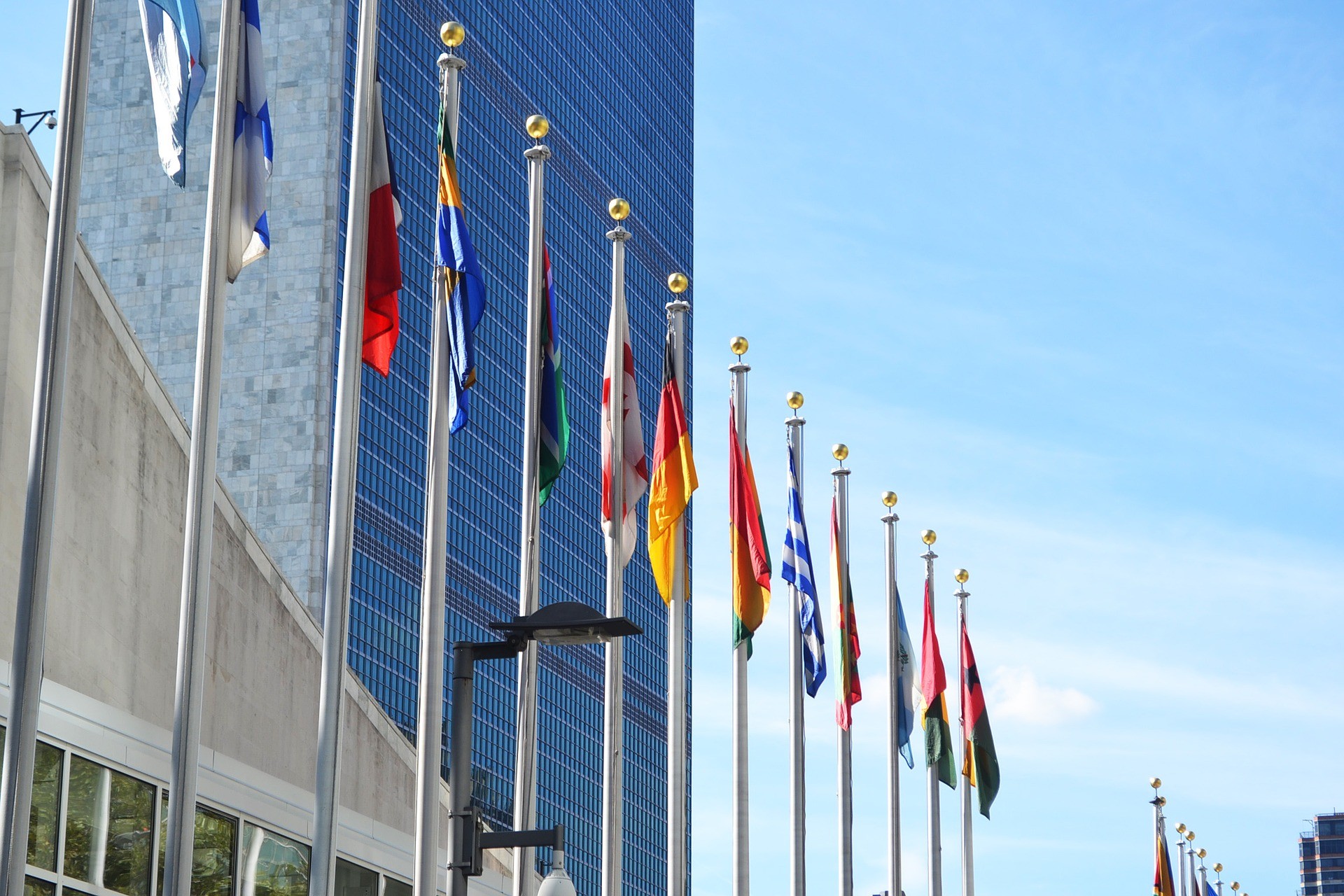ISDS Reform at UNCITRAL: Two Guiding Principles
Over 60 governments, and various representatives from civil society, the private sector, and academia are in Vienna at the United Nations Commission on International Trade Law (UNCITRAL) to work on reforming international investment treaties. In particular, they are focusing on those treaties’ investor-state dispute settlement (ISDS) provisions, which enable investors to sue governments in international arbitration. Governments and other participants have widely recognized that ISDS is fundamentally flawed and needs deep reform. Concerns identified range from the critique that the decision-makers determining ISDS claims lack expected independence and impartiality; to more sweeping critiques that the system of ISDS is not serving its purported aims, and is being used instead to enable law firms, lawyers, and investment funds to profit from suing governments for what is often good faith conduct in the public interest.
Stakeholders are engaging in this UNCITRAL process in an effort to address these concerns. In order for this exercise to be meaningful, it is essential to first consider what the investment treaties aim to achieve, and then to consider what form(s) of dispute settlement will best advance those objectives. This means not only looking at reform of the existing ISDS mechanism, but also alternatives to it.
Given the concerns about ISDS, and the continued absence of evidence that its expected public benefits outweigh its public costs (see here and here), it is crucial to ensure that this multilateral UNCITRAL process does two things:
- Clarify that it is entirely reasonable for states to take the considered policy decision to avoid the costs of ISDS by either terminating their investment treaties, or by withdrawing their consent to ISDS; the UNCITRAL process could support these states through a multilateral convention on amendment or termination, such as is being pursued within the European Union to end ISDS between its member states. One of the papers prepared by the UNCITRAL Secretariat reflected that this is indeed an option.
- Ensure that solutions are consistent with and support the Sustainable Development Goals, including the realization of human rights. This means, for instance, being mindful of implications of reform solutions for legal, political, and economic inequality, and the willingness and ability of governments to regulate in the public interest.
To contribute to UNCITRAL’s work on these two points, CCSI, together with the International Institute for Environment and Development (IIED) and the International Institute for Sustainable Development (IISD), has submitted to the UNCITRAL process four documents outlining potential reform options and considerations:
- In “Draft Treaty Language: Withdrawal of Consent to Arbitrate and Termination of International Investment Agreements,” we outline these options for states to recraft their investment policies with domestic and international sustainable development objectives.
- In “UNCITRAL Working Group III on ISDS Reform: How Cross-Cutting Issues Reshape Reform Options”, we discuss how issues such as regulatory chill, investor obligations and counterclaims, the rights of non-parties, and damages – issues that were recognized by the Working Group as being important for guiding its efforts and outputs – could inform the reform solutions.
- In a “Draft Text Providing for Transparency and Prohibiting Certain Forms of Third-Party Funding in Investor-State Dispute Settlement” (also available in Spanish and in French), we build on our work examining the role and implications of third-party funding, and provide draft language that could be used by states in reform instruments.
- In “Third Party Rights in Investor-State Dispute Settlement: Options for Reform,” we integrate our work and research on the impact of ISDS on access to justice for third parties, briefly elaborate on how investor-state arbitrations can affect third parties, and offer examples of procedural tools that states could use to better safeguard those third parties’ rights.
We also have short videos outlining each of those four proposals.
There is considerable disagreement within UNCITRAL on what the right solutions are for ISDS reform. Some, like the European Union and its member states, are advocating for the process to be used to create a standing international “court” and appellate body to hear investment treaty claims by multinational enterprises and other international investors. Others, such as Chile, Israel, Japan, Mexico and Peru, support a less “structural” way forward to ISDS reform, instead advocating reforms on discrete aspects of ISDS such as development and enforcement of adjudicator codes of conduct.
For all considered approaches, it is vital that this United Nations process account for the need to both create space for a shift away from the problematic status quo, and to develop solutions that are consistent with and advance inclusive, rights-compliant sustainable development.

